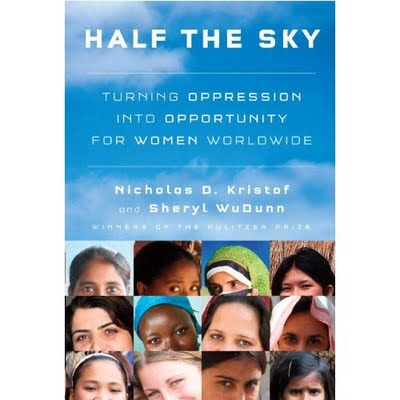It was an interesting situation, one I don’t often find myself in. A few of my colleagues from Operation Groundswell and I were having dinner with five Mayan Q’eqchi people from the communities of El Estor, Guatemala. I don’t speak Spanish nor do our guests speak English. And yet, there we were, sharing a meal together. Through awkward smiles and broken Spanish (on my part, at least), we exchanged names and warm greetings. We dug into pupusas, burritos, black bean soup while trying to converse through a mix of hand gestures, our translators, and more smiles. As lovely as the encounter was, I wish I had met these wonderful people under very different circumstances…
Angelica, German, Margarita, Maria, and Rosa were not in Toronto as part of some citywide tour or vacation. They were not here to enjoy the culture and sights our city has to offer. No. They are all victims of extreme human rights violations by Canadian company Hudbay Minerals—a company accused of forcibly evicting local indigenous communities in Guatemala. And they were here to give testimony on three precedent-setting civil negligence suits concerning the gang rape of eleven Q’eqchi women, the assassination of community leader Adolfo Ich (Angelica’s husband), and the shooting and paralyzing of German.
They shared their pained experiences with us, explaining their purpose for coming to Canada as just one step in their long and bitter fight for justice. Though a colleague spoke enough Spanish to translate, we really didn’t need an interpreter to feel the grief and sorrow these people had endured and carried everyday in their hearts.
We hear stories of these human rights violations everyday. But that’s all they really are. Stories. Abstractions so removed from our daily life. It’s a harrowing but necessary experience to come face to face with the people behind these stories and to realize that these are not isolated cases taking place in just one small, remote community. From Guatemala to Honduras and beyond, conflicts and violence involving foreign mining companies abound.
Action needs to come from the Guatemalan government to uphold rule of law and put an end to the poisonous culture of impunity, but also from the Canadian government that allows the actions of these corporations. For instance, the Canadian International Development Agency has established development projects in partnership with the very same mining corporations responsible for these human rights violations as well as environmental degradation.
As non-profit organization MiningWatch stated, “Aid money is meant to address poverty, not to promote the commercial interests of Canadian mining companies. Nor should it subsidize the obligations of mining companies to provide benefits to affected residents and rehabilitate damaged environments”.
If we are to demand change and action, we must begin at home.
Take action against mining oppression in Guatemala through Amnesty International's Write for Rights campaign and RightsAction.org.


